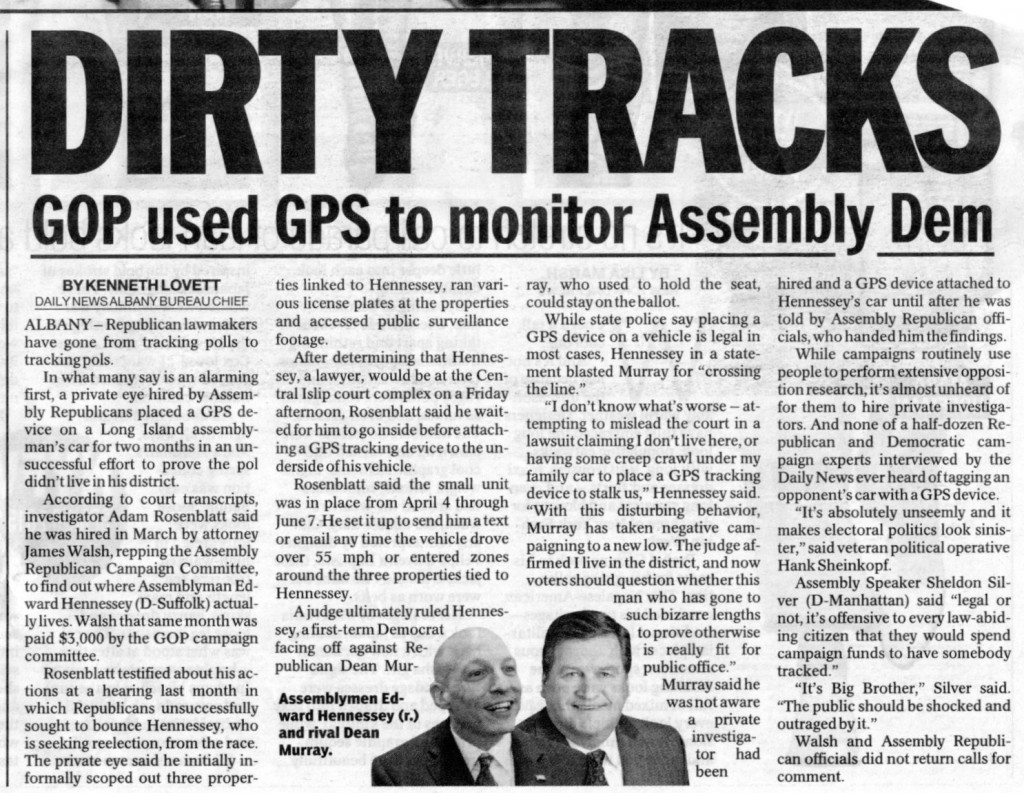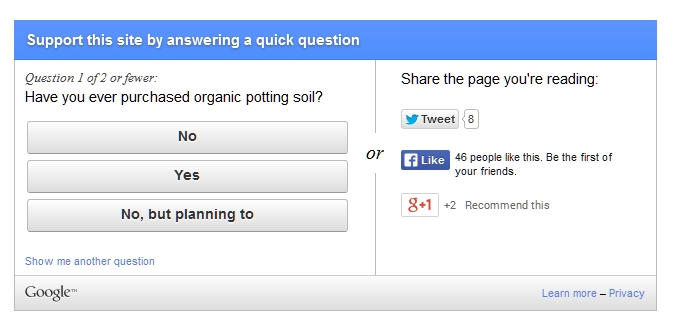On April 16, the Federal Housing Finance Agency and Consumer Financial Protection Bureau posted a notice in the Federal Register, detailing a policy shift regarding the kinds of data that would be included in the expansion of the National Mortgage Database.
The proposed expansion would allow the FHFA and the CFPB to see more information than most people can remember about themselves, including your name, current and past addresses, your telephone numbers, your date of birth, race/ethnicity, gender, the languages spoken in your home, your religion, your Social Security number, education records, military status/records, and employment history. Additionally, it would include every detail of your financial history stretching back to 1998, including balances owed, payment history, how much you paid for your house, your debt-to-income ratio and a gaggle of other data points.
Rep. Jeb Hensarling (R-Texas), chairman of the House Financial Services Committee and Sen. Mike Crapo (R-Idaho), the ranking Republican on the Senate Banking, Housing and Urban Affairs Committee issued a letter proclaiming the expansion, “an unwarranted intrusion into the private lives of ordinary Americans.”
Good for them.
A New Government Database Would Know Almost Everything About You – ABC News.


